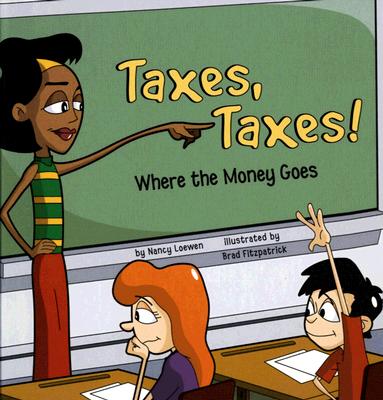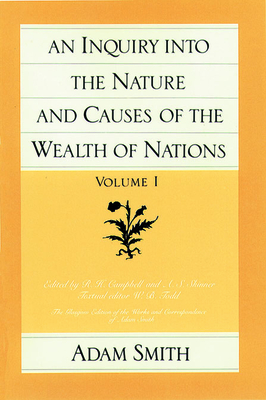
This timely and refreshingly real-world focused textbook examines some of the world's most critical policy issues through a macroeconomics lens. After presenting analytical foundations, modeling tools, and theoretical perspectives, Economics of Global Business goes a step further than most other texts, with a practical look at the local and multinational tradeoffs facing economic policymakers in more than fifty countries. Topics range from income equality and the financial crisis to GDP, inflation and unemployment, and, notably, one of the first macroeconomic examinations of climate change. Written by a globetrotting economist who teaches and consults on three continents, Economics of Global Business aims not for definitive answers but rather to provide a better understanding of the context-dependent rationales, constraints, and consequences of economic policy decisions.
The book covers long-run and short-run growth (with examples from the United States, China, the European Union, South Korea, Japan, Latin America, Africa, Australia, and Vietnam); financial crises and central banks; monetary and fiscal policies; government budgets; currency regimes; climate change and macroeconomics; income inequality; and globalization. All chapters rely on recent and historical examples of economic policy in action. The book is particularly suitable for use as an introduction to macroeconomics for business students.







